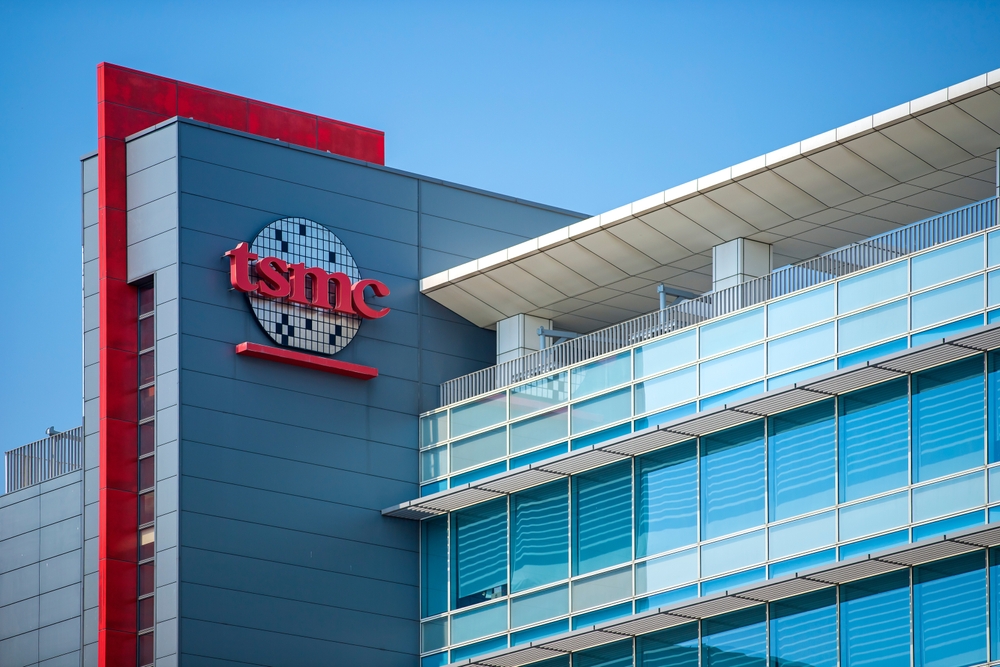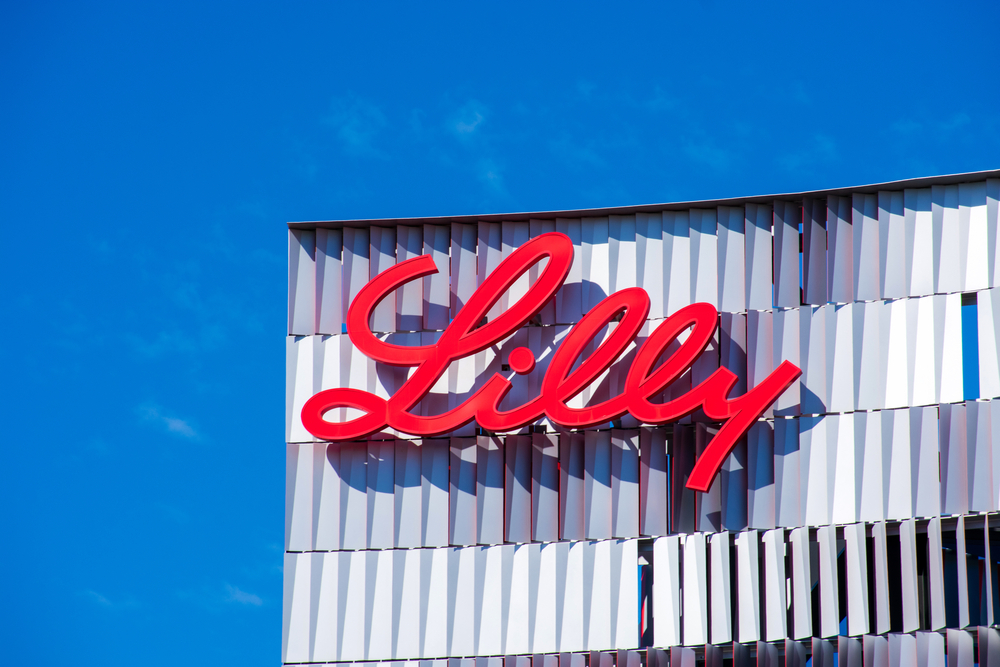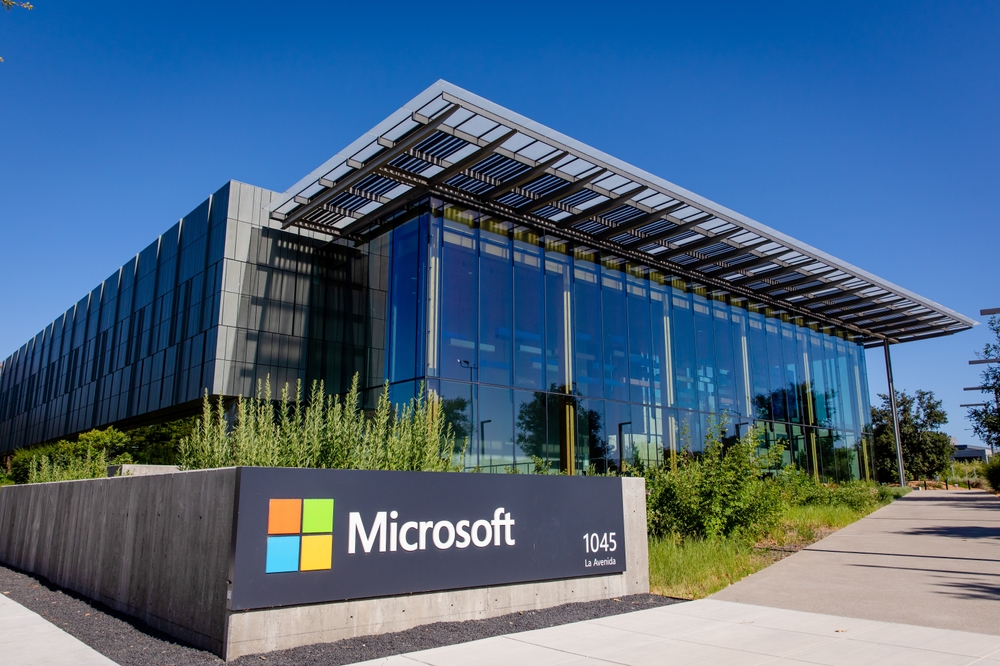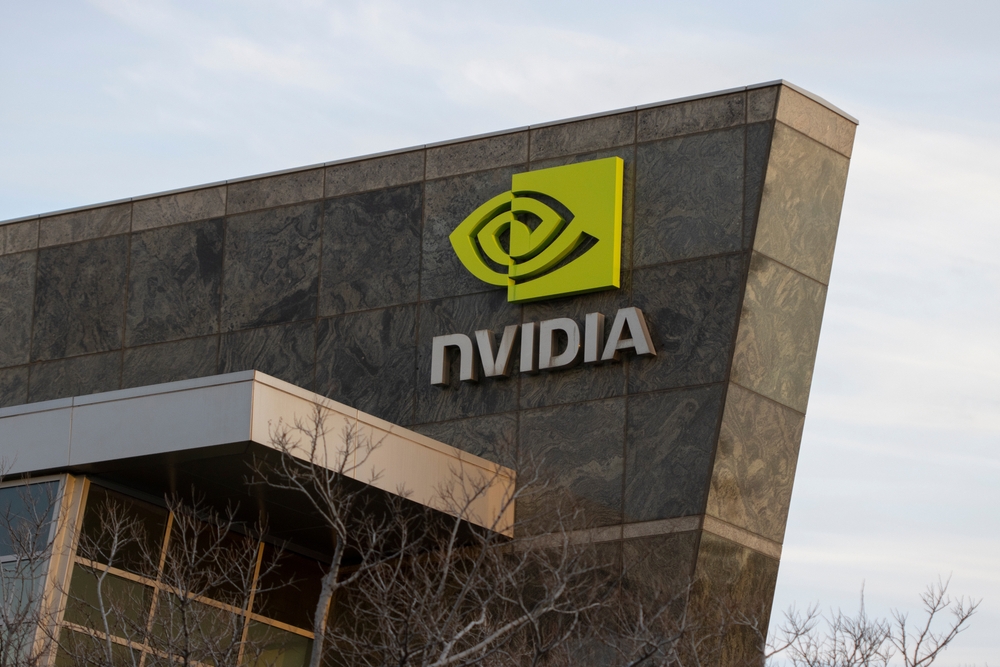The largest companies in the world today are giants in technology, finance, and energy, each with a unique history and substantial influence on global markets. These companies are ranked by market value, which reflects not only their financial success but also their impact on various industries and everyday life. From Apple to Amazon, each company has carved out a powerful position through innovation, strategic growth, and an ability to adapt to an ever-evolving market landscape. With operations spanning the globe, these firms play pivotal roles in technology advancements, digital services, energy production, and more.
Taiwan Semiconductor Manufacturing Company (TSMC)

Taiwan Semiconductor Manufacturing Company (TSMC), with a market cap nearing $830 billion, is the largest contract chipmaker globally. Established in 1987 and headquartered in Hsinchu, Taiwan, TSMC’s cutting-edge technology in semiconductor manufacturing has made it a cornerstone of modern electronics. It produces chips for high-profile companies like Apple, Nvidia, and Qualcomm, covering sectors from AI to mobile devices. CEO C.C. Wei has been instrumental in expanding its global reach, with new facilities planned in the U.S. and other locations. The demand for advanced chips, especially in high-performance computing, keeps it at the forefront of technological innovation. Its commitment to developing new chip technologies, such as 3nm processes, ensures its competitiveness. Its pivotal role in the global tech supply chain underscores its value amid rising demand for semiconductors.
Eli Lilly and Company

Eli Lilly and Company, a leading pharmaceutical firm with a market cap of approximately $910 billion, is headquartered in Indianapolis, Indiana. Established in 1876, Eli Lilly has been at the forefront of medical innovation, offering treatments for various health conditions, including diabetes and cancer. CEO David Ricks has steered the company’s focus on cutting-edge treatments, with recent breakthroughs in Alzheimer’s drugs garnering significant attention. The firm’s commitment to research and development, especially in endocrinology and oncology, drives its global influence in healthcare. Its presence spans over 120 countries, strengthening its impact on public health worldwide. Its continuous investment in new treatment options ensures sustained market value and relevance in the pharmaceutical industry. Its reputation for delivering groundbreaking therapies makes it a significant player in medical advancements.
Berkshire Hathaway Inc.

Berkshire Hathaway Inc., based in Omaha, Nebraska, has a market cap of around $1 trillion and is renowned for its diversified investment portfolio. Originally a textile manufacturing company, it was transformed by CEO Warren Buffett into a global conglomerate, with stakes in insurance, utilities, and transportation. Its substantial holdings in companies like Coca-Cola, American Express, and Apple exemplify its broad investment approach. Unlike other tech-focused companies, its success is built on traditional businesses and sound financial principles. The company’s decentralized management style allows subsidiaries to operate autonomously, which fosters efficiency and resilience. Buffett’s value-oriented investing philosophy has led to steady long-term growth, appealing to conservative investors.
Meta Platforms, Inc.

Meta Platforms, Inc., headquartered in Menlo Park, California, has a market cap of about $1.4 trillion, positioning it as a leader in digital communication and virtual reality. Founded in 2004 by Mark Zuckerberg, Meta owns and operates social media giants such as Facebook, Instagram, and WhatsApp. The company has invested heavily in the metaverse, an immersive virtual experience that leverages VR technology through its subsidiary Oculus. Its platforms reach billions of active users, making its ad-driven revenue model highly lucrative. Its research and innovation in AI and augmented reality further bolster its technological edge. Its exploration of virtual spaces and digital communities reflects its adaptability in an evolving tech landscape.
Saudi Aramco

Saudi Aramco, headquartered in Dhahran, Saudi Arabia, has a market cap of approximately $1.7 trillion and dominates the global oil industry. Established in 1933, it initially partnered with the Standard Oil Company of California, later becoming fully state-owned by 1980. As the world’s largest oil producer, it significantly impacts global energy prices and supplies. Under CEO Amin Nasser, it has expanded into petrochemicals and explored renewable energy initiatives as part of Saudi Arabia’s Vision 2030. While it primarily generates revenue from oil, its diversification into green energy reflects a shift toward sustainability. Its IPO in 2019 raised record capital, making it one of the most valuable public offerings. Its extensive resources and strategic goals reinforce its position as a leading global energy provider.
Amazon.com, Inc.

Amazon.com, Inc., based in Seattle, Washington, has a market cap of around $1.9 trillion and is a global leader in e-commerce, cloud computing, and digital streaming. Founded in 1994 by Jeff Bezos, it began as an online bookstore before rapidly expanding into a massive online marketplace. Amazon Web Services (AWS), its cloud computing division, is a significant revenue source, dominating the industry and competing closely with Microsoft Azure. CEO Andy Jassy has driven its logistics and technology investments, enhancing its supply chain for rapid delivery services. The Prime membership program, which offers perks like free shipping and exclusive content, has built a loyal customer base. The company’s innovative product range includes Alexa, a leader in voice-activated home devices.
Alphabet Inc.

Alphabet Inc., the parent company of Google, has a market cap of approximately $2 trillion and is headquartered in Mountain View, California. Founded in 1998 by Larry Page and Sergey Brin, it has diversified beyond search engines to include digital advertising, cloud computing, and artificial intelligence. Under CEO Sundar Pichai, it has entered new sectors, including autonomous vehicles through Waymo and health research via Verily. The company’s advancements in AI, particularly through Google DeepMind, highlight its commitment to technology innovation. Its revenue is significantly driven by digital advertising, positioning it as a major player in the online ad space. The company has also invested heavily in renewable energy to meet its sustainability goals.
Microsoft Corporation

Microsoft Corporation, headquartered in Redmond, Washington, has a market cap of approximately $3.1 trillion, making it a tech giant with vast influence. Founded in 1975 by Bill Gates and Paul Allen, it became a household name with its Windows operating system. Under CEO Satya Nadella, the company shifted focus toward cloud computing with Microsoft Azure, now a top competitor to Amazon Web Services. Microsoft’s acquisitions of LinkedIn, GitHub, and Activision Blizzard diversified its digital services portfolio. Its products span from Surface devices to Xbox consoles, broadening its consumer reach. Its collaboration with OpenAI highlights its commitment to advancing AI capabilities.
NVIDIA Corporation

NVIDIA Corporation, based in Santa Clara, California, has achieved a market cap of about $3.5 trillion through its leading role in graphics processing and AI. Established in 1993 by Jensen Huang, who still serves as CEO, it began with a focus on gaming graphics but quickly expanded into AI and data center technologies. Its GPUs are essential for gaming and advanced computing applications, powering AI, automotive tech, and data centers globally. Its acquisition of Mellanox Technologies broadened its influence in high-performance computing and networking solutions. It has further enhanced its reputation with new AI-focused products and chips. Its innovations position it as a critical player in the global tech landscape.
Apple Inc.

Apple Inc., based in Cupertino, California, leads with a market cap of about $3.6 trillion, establishing it as the world’s most valuable company. Founded in 1976 by Steve Jobs, Steve Wozniak, and Ronald Wayne, it became a pioneer in consumer electronics and software, most notably with the iPhone, iPad, and Mac. CEO Tim Cook has guided its expansion into services like iCloud, Apple Music, and the App Store, contributing to its financial strength. Its reputation for quality and seamless user experiences has cultivated a dedicated global customer base. It continues to diversify with investments in augmented reality, AI, and autonomous vehicle technology. Its environmental initiatives, including carbon neutrality goals, align with its public image as an industry leader.
This article originally appeared on Rarest.org.
More from Rarest.org
20 Exotic Birds in Danger of Disappearing from Our World

Exotic birds are among the most vibrant and unique species on our planet. However, many of these stunning creatures are at risk of vanishing forever. Habitat destruction, climate change, and illegal poaching have contributed to their dwindling populations. Read More.
22 Unusual Insects Native to the World`s Most Remote Jungles

Deep within the world’s most remote jungles, some insects defy the imagination. These creatures are often stunning, bizarre, and unlike anything you might find in your backyard. Read More.
15 Stunning Big Cats Roaming the World`s Most Beautiful Landscapes

Big cats are some of the most awe-inspiring creatures on the planet, roaming a variety of stunning landscapes across the globe. From the dense rainforests of the Amazon to the snowy peaks of the Himalayas, these majestic predators have adapted to thrive in some of the world’s most beautiful and diverse environments. Read More.
